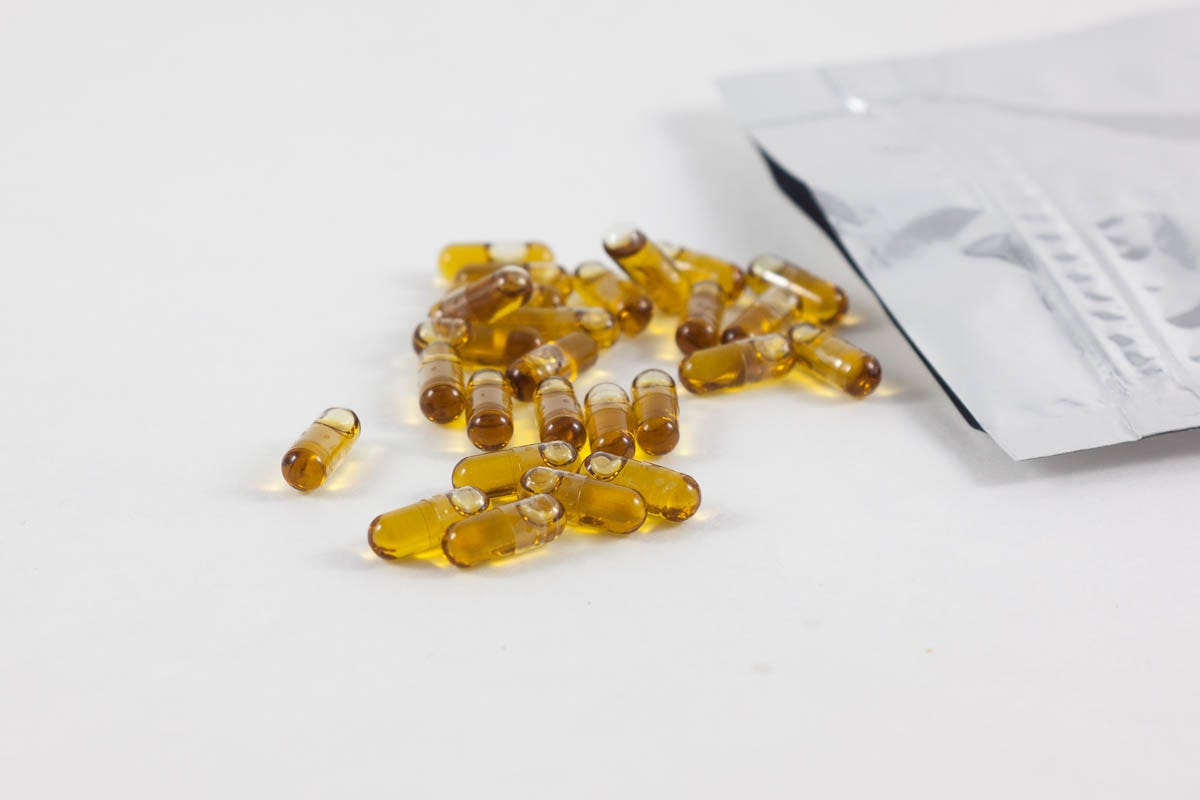
Legal Status and Regulations of Delta-8 THC Softgels Offers
Navigating the legal and regulatory landscape surrounding Delta-8 THC softgels requires vigilance, compliance, and a thorough understanding of the existing laws and guidelines. Understanding the legal status and regulatory framework surrounding Delta-8 softgels offers is paramount for both consumers and businesses in the cannabis industry. As of April 2024, here are some key points to consider:
Legal Status:
- Federal Level:
- Complexity: The legal status of Delta-8 THC is intricate due to its derivation from hemp.
- Agriculture Improvement Act of 2018 (2018 Farm Bill): This legislation legalized hemp and its derivatives with a Delta-9 THC concentration of 0.3% or less on a dry weight basis.
- Delta-8 THC: Technically falls outside the definition of illegal marijuana due to its origin from hemp, which has led to the emergence of Delta-8 THC products in the market.
- State Regulations:
Varying Laws: States have different regulations governing Delta-8 THC products, with some explicitly allowing them, while others may restrict or ban its sale.
Enforcement: The enforcement of laws related to Delta-8 THC varies, leading to a patchwork of legality across different states.
Regulatory Considerations:
- Quality Control:
Third-Party Testing: Many reputable Delta-8 THC softgel providers conduct third-party testing to ensure product purity and potency, adhering to strict quality control measures.
- Labeling and Marketing:
Transparency: Regulations often require clear and accurate labeling of Delta-8 THC products, including ingredient lists, potency information, and any disclaimers related to use or potential side effects.
Misleading Claims: Businesses must avoid making misleading health claims or marketing the products to minors to comply with regulatory standards.

- Purity and Safety:
Good Manufacturing Practices (GMP): Following GMP ensures that Delta-8 THC softgels are manufactured, stored, and handled in a safe and hygienic manner.
Contaminant Testing: Regular testing for contaminants such as pesticides, heavy metals, and residual solvents is necessary to ensure consumer safety.
- Compliance and Oversight:
Regulatory Oversight: Regulatory bodies at the state and federal levels may closely monitor the production, distribution, and sale of Delta-8 THC products to ensure compliance with existing laws.
Adherence to Guidelines: Businesses offering Delta-8 THC softgels must stay updated on evolving regulations and adjust their practices accordingly to stay within legal boundaries.
Future Outlook:
- Legislative Changes:
Evolving Landscape: The legal status of Delta-8 THC may evolve as lawmakers and regulatory agencies continue to assess its impact and potential risks.
Advocacy Efforts: Industry stakeholders and advocacy groups may push for clearer regulations and standardized guidelines to govern the production and sale of Delta-8 THC products.
- Consumer Education:
Awareness: Educating consumers about the legal nuances, effects, and potential risks associated with Delta-8 THC products can empower them to make informed choices.
Responsible Usage: Promoting responsible usage and highlighting the importance of legality and compliance can enhance consumer safety and well-being.
Bottom Line
Businesses and consumers alike must stay informed and proactive in ensuring that their actions align with the current legal framework to promote a safe and compliant marketplace for Delta-8 softgels offers.


